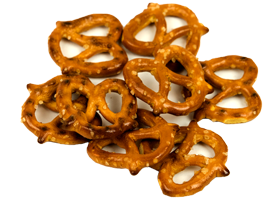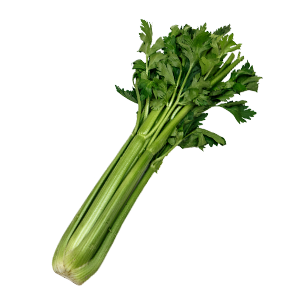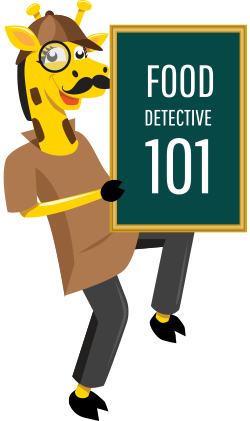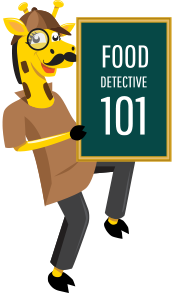Detective Training

Sodium
Sodium is a mineral.
It is one element of the compound we call salt. There is about 390 milligrams of sodium in every gram of salt we eat.

Sodium Intake
Sodium is naturally present in seawater, spring waters, mineral deposits and the bodies of animals and plants.
About 10% of the sodium we eat is found naturally in food, 15% is added when we cook or bake food but a whopping 75% of the sodium we eat is from processed foods.
Sodium Intake
Sodium is naturally present in seawater, spring waters, mineral deposits and the bodies of animals and plants.
About 10% of the sodium we eat is found naturally in food, 15% is added when we cook or bake food but a whopping 75% of the sodium we eat is from processed foods.

Required?
We only need a tiny amount of sodium to help manage our blood pressure and the volume and acidity of our body fluids. It’s also needed for normal nerve and muscle functioning.
For children aged 9 to 13 years, the NZ Ministry of Health recommends 400 to 800 mg sodium a day and no more than 2000 mg a day. A pinch of salt contains about 400 mg sodium.

Too Much
Too much sodium attracts water, which increases the volume of blood in our bodies. This means our heart has to work harder pushing more blood around the body.
Over time this can put a strain on our heart and blood vessels.

Fresh is Best
Aim for fresh foods! Cutting down on processed foods is a great way to reduce the amount of sodium we eat.
Check the nutrition information and look for foods that have less than 120mg sodium per 100g. These can be hard to find! A medium salt food has between 400mg – 600mg per 100g. High salt foods are those that have more than 600mg per 100g.





